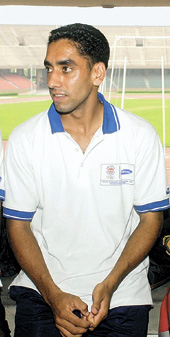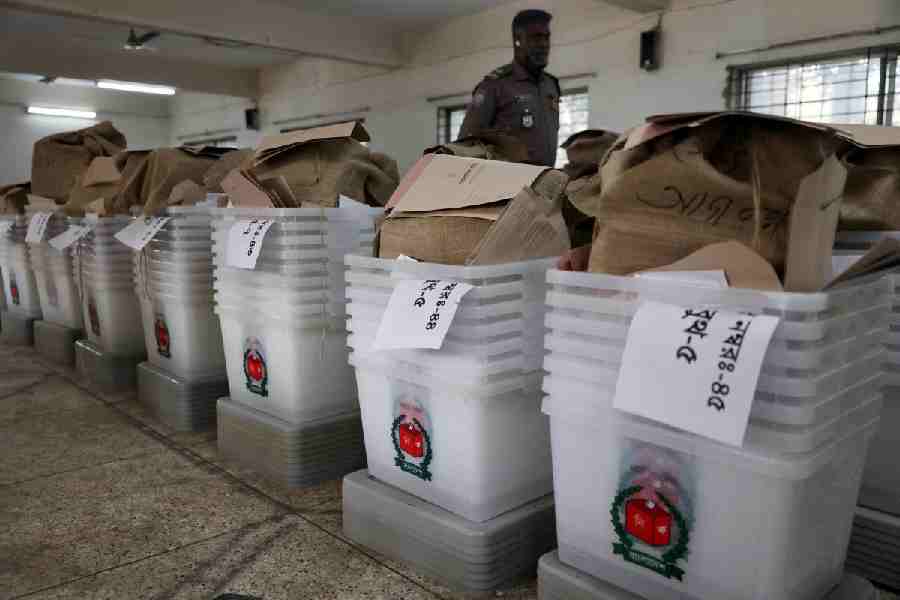 |
| Tejbir Singh |
New Delhi: Indian hockey plunged into a fresh controversy on Thursday with forward Tejbir Singh admitting to testing positive for the banned drug nandrolone.
Tejbir, who had to return home before the start of the Olympic qualifiers in Madrid last month, said over phone from Amritsar that he was informed by the coach about the positive test and that he could not take part in the event.
But Indian Hockey Federation (IHF) president K. P. S. Gill expressed complete surprise and said he was not aware about any player testing positive.
“I have not been in Delhi for a long time and I am not aware of such a development. We will look into the matter,” Gill said.
The player, however, said he was administered an injection by a doctor in Amritsar for an injury he had sustained during the Nehru hockey tournament, a month before the Olympic qualifiers, and that could be responsible for his positive test.
“I will soon get another test done and sort out the matter,” the Punjab Police player said, adding he had not received any communication from the IHF.
“I was informed about it (test) in Madrid by coach Rajinder Singh and had to return home,” he said.
It was then said that the player was recalled from Madrid because of a “hamstring injury and severe cramps”. Daljit Singh Dhillon was named as replacement.
The ‘routine’ dope tests were held at the Sports Authority of India’s Dope Control Centre at the Nehru Stadium. “The players have to undergo these tests before every tour. The samples were collected and tested at the eleventh hour and the results were made known to the players in Madrid,” was how a IHF source put it.
IHF secretary K. Jyothikumaran said he would “not react” on the matter.
If the second test also confirms the presence of the banned drug, Tejbir would earn the dubious distinction of being the first Indian hockey player to test positive for a banned drug.
Tejbir’s positive result has come into light more than a month after the test, raising speculation that the IHF may have tried to hush up things in the Olympic year.
As per the international hockey federation (FIH) anti-doping rules, players testing positive for a steroid are liable to be suspended for up to two years. Rules also require the national federations to forward any positive test to the game’s world governing body for action.











